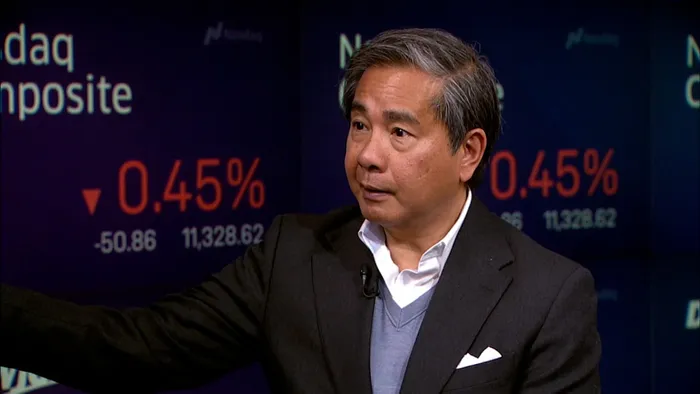
Investing in promising startup companies can be one of the most rewarding experiences for any investor, both financially and idealistically. Not only have private markets proven to outperform public markets but they also offer investors an opportunity to support efforts they believe in. Aided by fintech startups like Linqto, an increasing number of local investors are now looking beyond South Africa’s borders to invest in these lucrative private markets.
While South Africa’s role in the global startup ecosystem has grown considerably over the past years, countries like the United States, the United Kingdom, and France remain some of the most popular options for those looking to invest in private startups. Unfortunately, this segmentation results in different regulatory requirements that make it difficult for investors to make the best out of these opportunities.
“Dealing with the changing bureaucratic processes required by different countries can make it especially difficult to access foreign private markets,” says Linqto’s new President Joe Endoso, a veteran with over 30 years of experience in the financial industry. “While funds can help deal with this issue, it will be at the cost of flexibility, earnings, and accessibility. This doesn’t make sense in a world where technology has permeated every aspect of our life and allowed us to surpass geographical restrictions.”
Linqto is one of the many fintech startups looking to disrupt financial markets by making it truly accessible to people all over the world. While South Africa doesn’t have an equivalent to the “accredited investor” status, other barriers like minimum investments and high fees make it difficult for investors to acquire private equity locally, as well as internationally.
“What we are trying to accomplish in the fintech sector is not only to open the doors to investors all over the world by reducing the entry barriers but also by offering support, learning, analysis, and management tools,” explains Endoso. “Making things easier for consumers is what sets fintech apart from traditional financial institutions. We see no reason why it should be different for private markets.”
So how exactly are these fintech platforms letting their users invest in these overseas private markets? While the particulars change depending on the startup, most of them operate by directly investing in promising pre-IPO startups and then allowing users to acquire a portion of the shares, with a special-purpose vehicle being used for this purpose in the case of Linqto. If the startup that was invested in was to go public, these shares would be transferred to the user's preferred brokerage account, giving them full control over them.
As these platforms are still in the process of navigating and disrupting the many outdated rules that regulate private markets, users shouldn’t expect an experience that equals that of platforms like stock and crypto exchange. That being said, progress is being made when it comes to the transfer and selling of these shares, as well as the integration of popular retirement vehicles and other traditional financial tools, making their future especially promising.
“Venture capital funds, private equity-funds, and hedge funds have from the beginning of time been the people or institutions that have made those [private] Investments,” said Endoso earlier this year in an interview with Jane King. “What we're doing is opening up the opportunity so that regular folks like you and me can also participate alongside those big institutions.”
With South Africa’s regulations being especially favourable to investors looking to enter private markets, this trend is likely to become especially beneficial to local investors. By investing as little as $2,500, investors can now make use of an investment tool that has long been limited exclusively to the wealthy, something that the over 200k South African retail investors will surely appreciate.
Related Topics:
